
Uncovering the Impact of Single-Use Plastics
Why Avoid Single Use Plastics
Protect the planet, conserve resources, and promote sustainable, responsible consumption.
Government of India Regulations
To combat the escalating plastic pollution crisis, the Plastic Waste Management (Amendment) Rules, 2021 came into effect on July 1, 2022. These regulations prohibit the manufacture, sale, distribution, and use of specific single-use plastic (SUP) items across India.
- Plastic cutlery, including spoons, forks, and knives
- Plastic straws and stirrers used in beverages and packaging
- Carry bags below 75 microns (to be increased to 120 microns)
- Plastic wrapping for products such as candy, ice creams, and cigarette packets

Rethink Plastics, Restore the Planet
Reduce harm, restore balance, and drive meaningful change through plastic free practices that protect people and the planet.
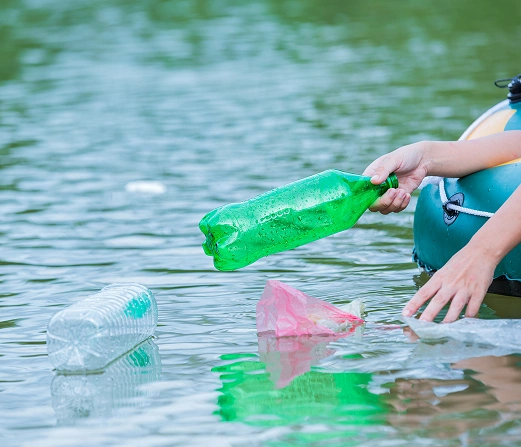
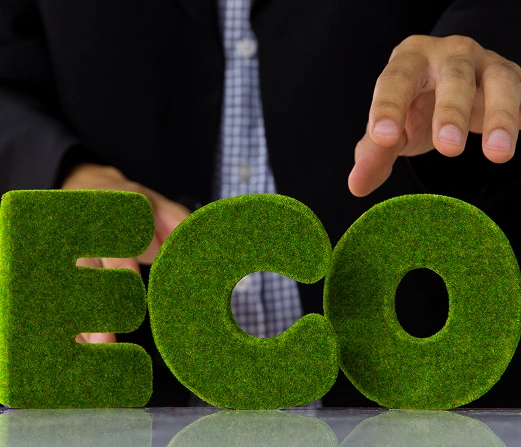
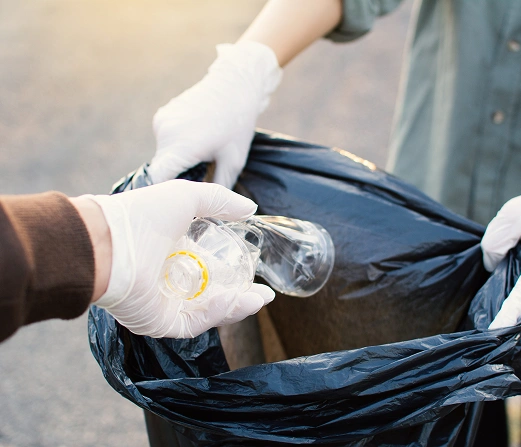
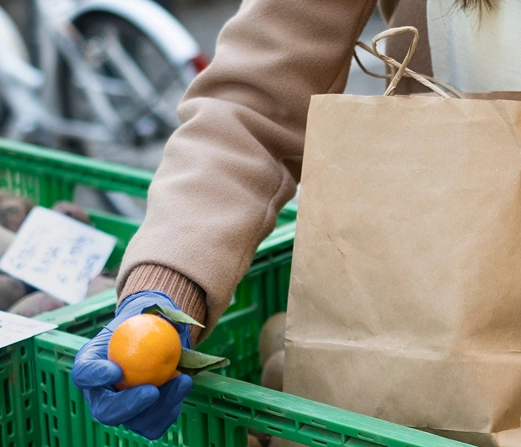

Access Detailed Program Information

Certification Benefits

Steps towards Certification

IRClass - IRQS for Trusted Single-Use Plastic Free Certification
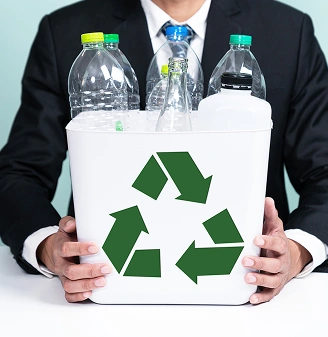
Lead the change toward a cleaner future with the IRClass–IRQS Single-Use Plastic Free Certification, a trusted mark of your organization's commitment to sustainability. This certification demonstrates proactive action to eliminate single-use plastics, reduce pollution, and safeguard natural ecosystems. By replacing disposable materials with reusable or compostable alternatives, your business not only protects the environment but also enhances brand credibility and meets evolving regulatory and ESG expectations. Going plastic-free positions your organization as a sustainability leader driving operational efficiency, inspiring responsible consumption, and contributing to India's transition toward a circular economy. With IRQS, make your commitment measurable, impactful, and visible to the world.

Single-Use Plastic Free Certification?
- Demonstrates a credible and independent claim of being single-use-plastic free or managed.
- Strengthens your brand reputation and stakeholder confidence.
- Supports compliance with upcoming plastic-legislation and supply-chain demands.
- Reduces plastic-waste risk and enhances operational resource efficiency.
- Review of usage policies, elimination plans or substitution strategies.
- Verification of material transitions, reusable alternatives, waste-diversion systems.
- Site visits or remote audit of plastic handling, labelling and supplier practices.
- Validation of claims and issuance of certification/declaration.
- A formal certificate or declaration confirming your single-use plastic-free status or transition compliance.
- A detailed assessment report with findings, gaps and recommendations for improvement.
- Communication materials (logo, certificate text) suitable for stakeholder, customer or supply-chain use.
Get Certified with Confidence
Start your journey today with trusted experts in certification, assurance and training who make the process simple seamless and stress free.
Get Certified














